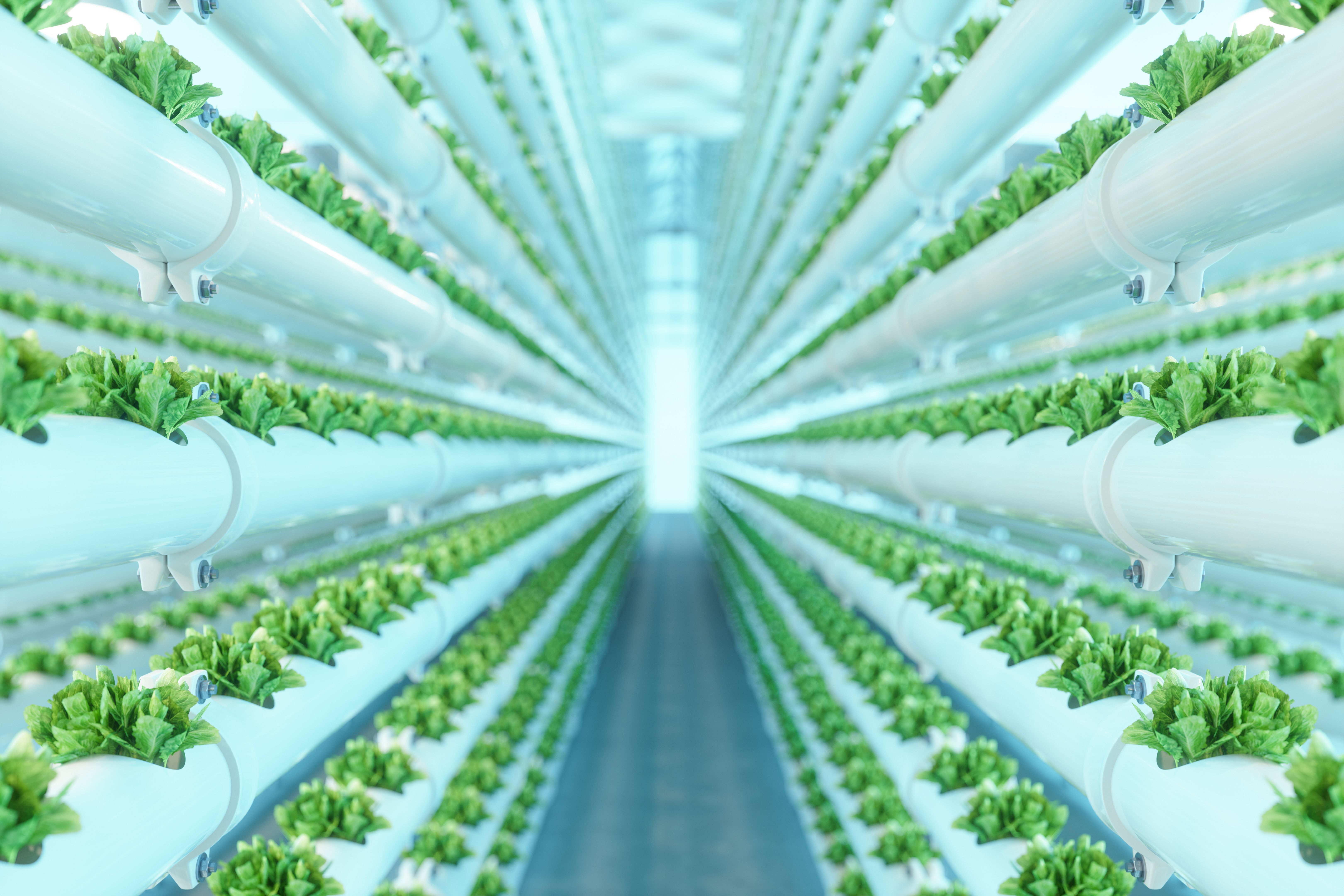Exploring Future Food Trends and Their Economic Impact
The Rise of Plant-Based Foods
The food industry is undergoing a remarkable transformation as plant-based foods continue to gain popularity. This trend is not just a passing fad but a significant shift in consumer preferences driven by health, environmental, and ethical considerations. As more people embrace veganism or incorporate more plant-based meals into their diets, the demand for innovative plant-based products is skyrocketing.

The economic impact of this trend is profound. Companies that specialize in plant-based alternatives are experiencing rapid growth, attracting substantial investments. This shift is also influencing traditional food manufacturers to diversify their offerings, leading to increased competition and innovation in the market.
Sustainable Packaging Solutions
As sustainability becomes a central concern for consumers, food companies are exploring eco-friendly packaging solutions. Single-use plastics are being replaced by biodegradable and recyclable materials, aligning with the growing demand for environmentally responsible products. This transition not only reduces the environmental footprint but also presents new opportunities for businesses to differentiate themselves in the market.
Investing in sustainable packaging can lead to increased customer loyalty and brand reputation. Moreover, governments across the globe are implementing stricter regulations on plastic usage, making sustainable packaging a necessity rather than an option for food companies.
Technology and Innovation in Food Production
Technology is playing a crucial role in shaping the future of food. Innovations such as vertical farming, lab-grown meat, and precision agriculture are revolutionizing how food is produced and consumed. These technologies promise to enhance food security, reduce environmental impact, and meet the growing global demand for food.
Vertical farming, for instance, allows for year-round production with minimal land use and water consumption. Lab-grown meat offers a sustainable alternative to traditional livestock farming, potentially reducing greenhouse gas emissions and land use significantly.

The Economic Implications of Technological Advancements
The integration of technology in food production is not only beneficial for the environment but also economically advantageous. It offers opportunities for cost reduction through increased efficiency and resource optimization. Moreover, technology-driven solutions can lead to job creation in sectors like biotechnology, engineering, and data analysis.
However, this transformation also poses challenges, such as the need for workforce upskilling and potential disruptions in traditional agricultural practices. Governments and businesses must work together to ensure a smooth transition that maximizes economic benefits while minimizing adverse impacts on existing industries.
The Role of Alternative Proteins
Alternative proteins are emerging as a key player in the future of food. With the global population continuing to grow, alternative sources of protein such as insects, algae, and lab-grown meat are gaining traction as sustainable options. These protein sources require fewer resources than traditional livestock farming and have a lower environmental impact.

The economic potential of alternative proteins is significant. As consumer interest grows, investments in research and development are increasing, paving the way for the commercialization of these innovative products. However, widespread adoption will require overcoming challenges related to consumer acceptance and regulatory approval.
